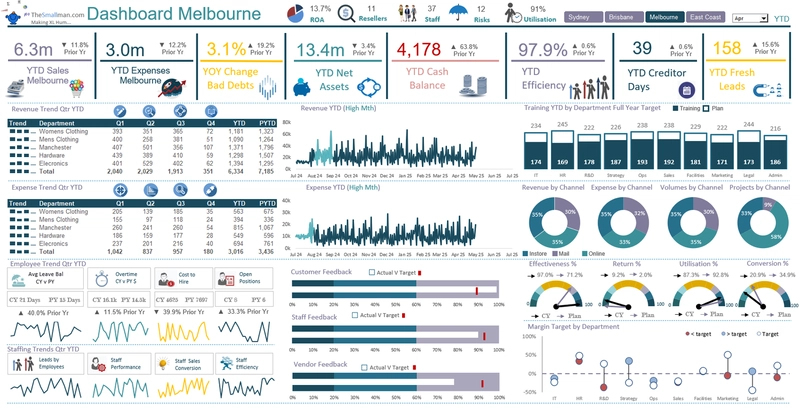AI-Powered Test Automation: Comparing the Best Tools for Smarter Testing
With tight deadlines to release software applications and the need to quickly test them before release, most software companies are resorting to automated processes instead of manual testing. Moreover, the rise of artificial intelligence has added another dimension to automation testing. As per Forbes, the global AI market size is projected to reach $1,811.8 billion by 2030, highlighting the reach of AI in every industry, including software testing. AI in software testing helps testers execute tests at a rapid pace, significantly reducing testing time and costs. With the right AI testing tools, you can take your software development to the next level, ensuring greater efficiency, superior products, and faster release to the market. Selecting the best tool from the huge number of tools saturated in the market is no easy task. To make your process easier, we have listed the top five AI tools currently dominating the market and their key features. Before that, we will quickly examine the reasons why AI is benefitting the testing process, including advancements in codeless automation, which simplify complex testing workflows and enhance efficiency. Benefits of AI Testing AI can optimize your software testing in these ways: Faster test execution: Allows you to run a large number of test cases in a short time Easy test case creation: Generates many test cases for even highly complex test scenarios in minutes Greater accuracy: Minimizes the possibility of human error, ensuring consistent and reliable results Comprehensive testing: Let’s you cover multiple scenarios and even edge cases that are challenging to test through conventional methods Detailed test reports: Generates comprehensive test reports quickly and easily pinpoints defects and lets you share feedback with developers Self-healing test automation: Enables self-healing where test scripts adapt quickly to the changes in the application’s UI, such as IDs or element locators. Top AI Automation Tools and Their Features With these tools in your testing kit, you can make test automation less complicated and reap the benefits mentioned above: 1. TestGrid This cloud-based, codeless, AI-powered platform elevates your testing experience in ways you may never have imagined. With its capabilities, you can experience a reduction of up to 60% in testing time and around 50% decrease in costs. It makes writing and running tests effortless and more efficient, whether you are testing mobile, web, or desktop applications. Key features: Generate test cases easily by writing them in English, CSV, and BDD and pasting them to the portal to generate test cases Identify bugs early in the development phase and decrease debugging time significantly Use the Record and Playback feature to record complex business-critical test scenarios and capture app/browser interactions automatically. Auto-heal your codeless tests to prevent them from failing by automatically locating valid locators of broken objects. Conduct multiple tests in parallel across different platforms, browsers, and environments to save precious time. Perform effortless visual testing and identify even minor variations in appearance to achieve pixel-perfect precision. Easily integrates with popular CI/CD tools like Jenkins, Circle CI etc., for streamlined automated testing. 2. iHarmony It is an AI-powered open-source tool that is popularly used to test mobile and web applications. You can use its machine-learning algorithms to generate and optimize test cases intelligently. Key features: Creates test cases based on code patterns and previous test results Adapts and enhances its test coverage with its self-learning capabilities Supports testing on both mobile and web applications Offers self-healing feature that makes test maintenance easier 3. Selenium It’s a robust and versatile tool that is the preferred testing solution for many developers. Its recently added AI features are designed to add flexibility to execute tests. Being open-source, it is compatible with operating systems like Linux, Windows, and MacOS. Key features: Supports various browsers, including Safari, Firefox, and Chrome Enables smooth test management and generation of reports Supports multiple programming languages like Python, Java, and many more to create test scripts Once you prepare test cases, you can run them on any operating system of your choice 4. Sauce Labs It is a testing tool suitable for both web and mobile testing, offering a variety of low-code testing features. It supports multiple test automation frameworks, like Selenium, Espresso, Cypress, and Appium. Key features: Offers a stable and reliable test infrastructure for your testing needs. Integrates easily with your existing CI/CD pipelines. Allows you to run tests in parallel, speeding up your testing and increasing productivity. Provides features like videos, screenshots, and HTML logs that help you identify issues faster.

With tight deadlines to release software applications and the need to quickly test them before release, most software companies are resorting to automated processes instead of manual testing. Moreover, the rise of artificial intelligence has added another dimension to automation testing.
As per Forbes, the global AI market size is projected to reach $1,811.8 billion by 2030, highlighting the reach of AI in every industry, including software testing. AI in software testing helps testers execute tests at a rapid pace, significantly reducing testing time and costs.
With the right AI testing tools, you can take your software development to the next level, ensuring greater efficiency, superior products, and faster release to the market. Selecting the best tool from the huge number of tools saturated in the market is no easy task.
To make your process easier, we have listed the top five AI tools currently dominating the market and their key features. Before that, we will quickly examine the reasons why AI is benefitting the testing process, including advancements in codeless automation, which simplify complex testing workflows and enhance efficiency.
Benefits of AI Testing
AI can optimize your software testing in these ways:
- Faster test execution: Allows you to run a large number of test cases in a short time
- Easy test case creation: Generates many test cases for even highly complex test scenarios in minutes
- Greater accuracy: Minimizes the possibility of human error, ensuring consistent and reliable results
- Comprehensive testing: Let’s you cover multiple scenarios and even edge cases that are challenging to test through conventional methods
- Detailed test reports: Generates comprehensive test reports quickly and easily pinpoints defects and lets you share feedback with developers
- Self-healing test automation: Enables self-healing where test scripts adapt quickly to the changes in the application’s UI, such as IDs or element locators.
Top AI Automation Tools and Their Features
With these tools in your testing kit, you can make test automation less complicated and reap the benefits mentioned above:
1. TestGrid
This cloud-based, codeless, AI-powered platform elevates your testing experience in ways you may never have imagined. With its capabilities, you can experience a reduction of up to 60% in testing time and around 50% decrease in costs. It makes writing and running tests effortless and more efficient, whether you are testing mobile, web, or desktop applications.
Key features:
- Generate test cases easily by writing them in English, CSV, and BDD and pasting them to the portal to generate test cases
- Identify bugs early in the development phase and decrease debugging time significantly
- Use the Record and Playback feature to record complex business-critical test scenarios and capture app/browser interactions automatically.
- Auto-heal your codeless tests to prevent them from failing by automatically locating valid locators of broken objects.
- Conduct multiple tests in parallel across different platforms, browsers, and environments to save precious time.
- Perform effortless visual testing and identify even minor variations in appearance to achieve pixel-perfect precision.
- Easily integrates with popular CI/CD tools like Jenkins, Circle CI etc., for streamlined automated testing.
2. iHarmony
It is an AI-powered open-source tool that is popularly used to test mobile and web applications. You can use its machine-learning algorithms to generate and optimize test cases intelligently.
Key features:
- Creates test cases based on code patterns and previous test results
- Adapts and enhances its test coverage with its self-learning capabilities
- Supports testing on both mobile and web applications
- Offers self-healing feature that makes test maintenance easier
3. Selenium
It’s a robust and versatile tool that is the preferred testing solution for many developers. Its recently added AI features are designed to add flexibility to execute tests. Being open-source, it is compatible with operating systems like Linux, Windows, and MacOS.
Key features:
- Supports various browsers, including Safari, Firefox, and Chrome
- Enables smooth test management and generation of reports
- Supports multiple programming languages like Python, Java, and many more to create test scripts
- Once you prepare test cases, you can run them on any operating system of your choice
4. Sauce Labs
It is a testing tool suitable for both web and mobile testing, offering a variety of low-code testing features. It supports multiple test automation frameworks, like Selenium, Espresso, Cypress, and Appium.
Key features:
- Offers a stable and reliable test infrastructure for your testing needs.
- Integrates easily with your existing CI/CD pipelines.
- Allows you to run tests in parallel, speeding up your testing and increasing productivity.
- Provides features like videos, screenshots, and HTML logs that help you identify issues faster.
5. Tricentis Tosca
It is a robust AI-powered tool that accelerates your testing efforts and removes the bottlenecks and risks related to software releases. It offers a modern cloud infrastructure that lets you scale your testing efforts as and when needed.
Key features
- Supports all the testing you need, from API and UI testing to system integration testing.
- Its Vision AI lets you automate the most complex apps, like those on remote desktops.
- Supports DevOps and agile workflows.
- With Tosca Copilot, optimize your test suite to identify duplicates, unlinked assets, unused test cases, and more.
Conclusion
AI-powered testing opens unlimited possibilities in software testing that no one could have imagined a few years back. AI technology is here to stay as it has simplified and elevated the testing process and helped developers and testers overcome the limitations that were part of traditional testing tools.
As the impact of AI in software testing continues to increase worldwide, more organizations are resorting to AI to ensure they deliver secure and perfect software faster to the market.
By choosing the best one from the above list of AI automation tools, you also can gain a competitive edge and secure your foothold in the software marketplace.
Source: This article was originally published at Apollo Technical






















































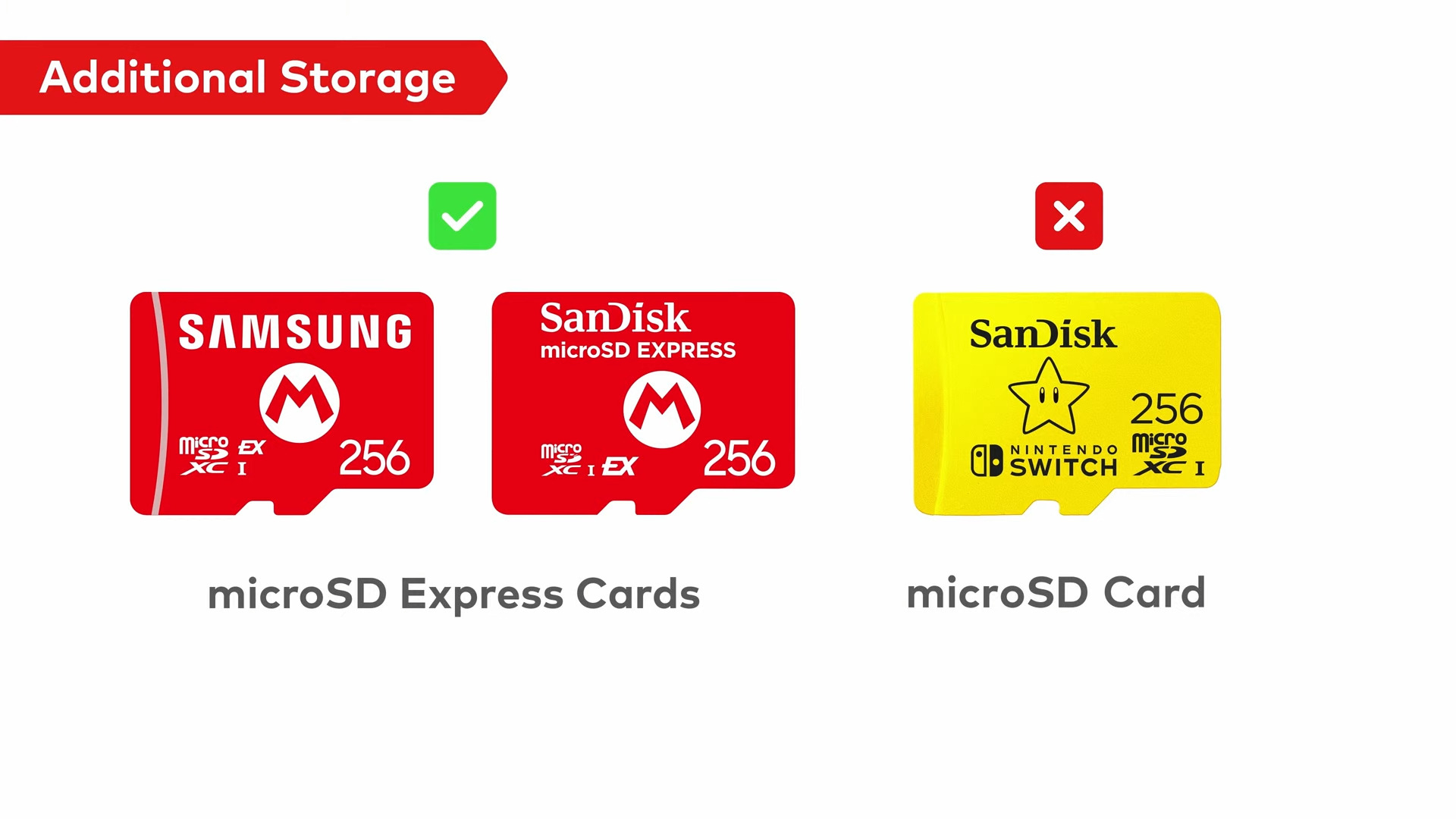
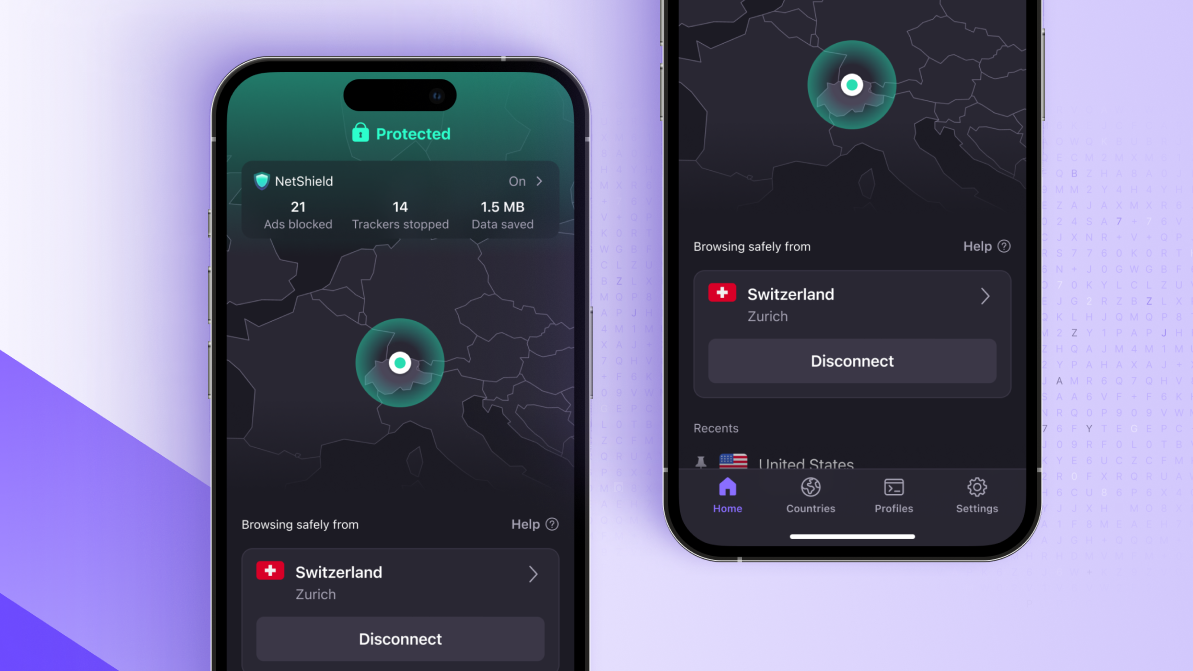













![Apple Releases macOS Sequoia 15.5 Beta to Developers [Download]](https://www.iclarified.com/images/news/96915/96915/96915-640.jpg)
![Amazon Makes Last-Minute Bid for TikTok [Report]](https://www.iclarified.com/images/news/96917/96917/96917-640.jpg)
![Apple Releases iOS 18.5 Beta and iPadOS 18.5 Beta [Download]](https://www.iclarified.com/images/news/96907/96907/96907-640.jpg)























































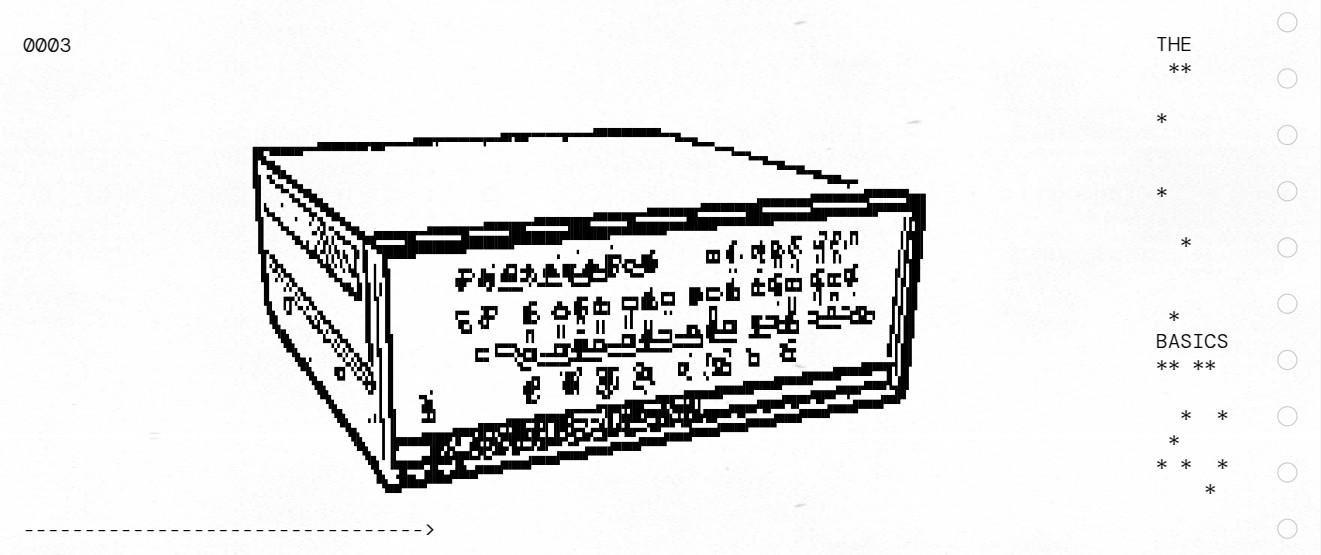


















































.jpg?#)














































































![[The AI Show Episode 142]: ChatGPT’s New Image Generator, Studio Ghibli Craze and Backlash, Gemini 2.5, OpenAI Academy, 4o Updates, Vibe Marketing & xAI Acquires X](https://www.marketingaiinstitute.com/hubfs/ep%20142%20cover.png)
























































































![[DEALS] Microsoft Office Professional 2021 for Windows: Lifetime License (75% off) & Other Deals Up To 98% Off – Offers End Soon!](https://www.javacodegeeks.com/wp-content/uploads/2012/12/jcg-logo.jpg)






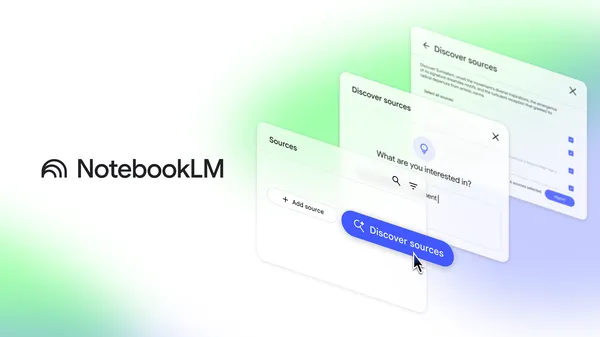
















![Is this a suitable approach to architect a flutter app? [closed]](https://i.sstatic.net/4hMHGb1L.png)













































































































